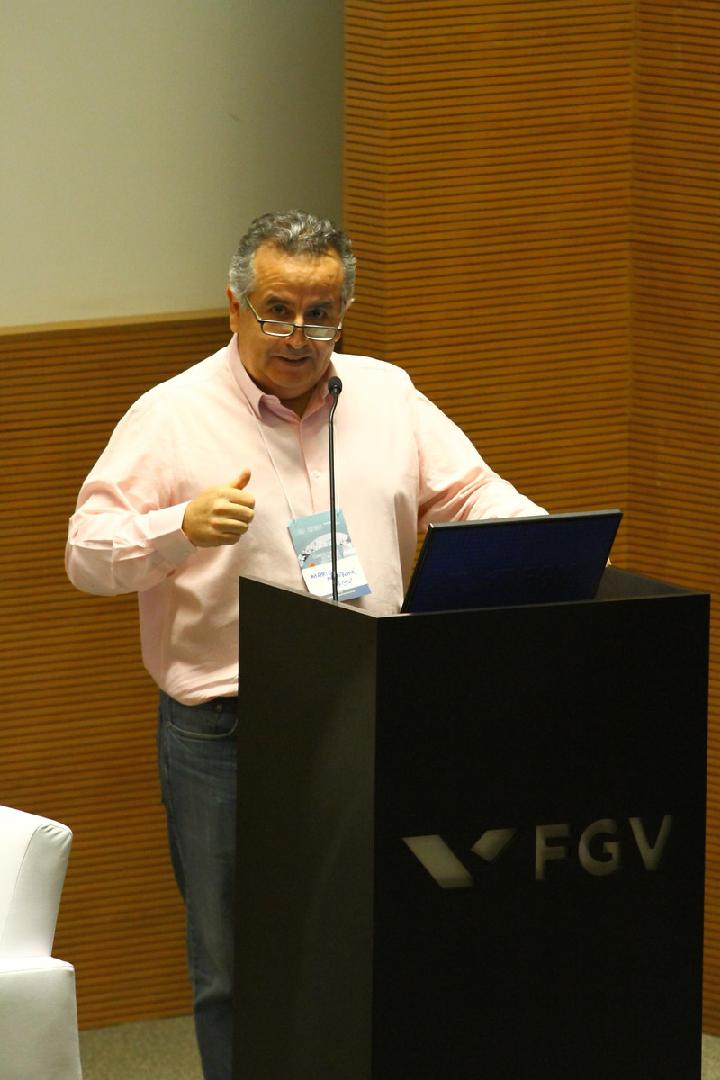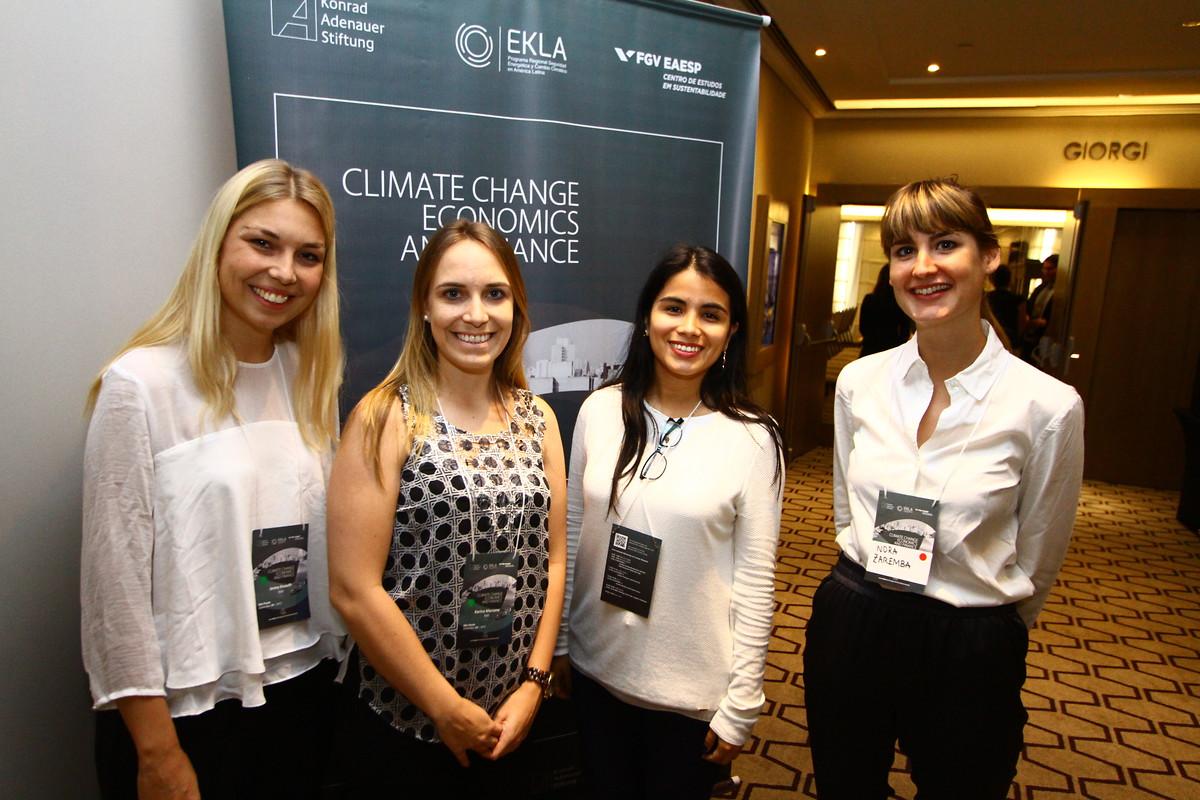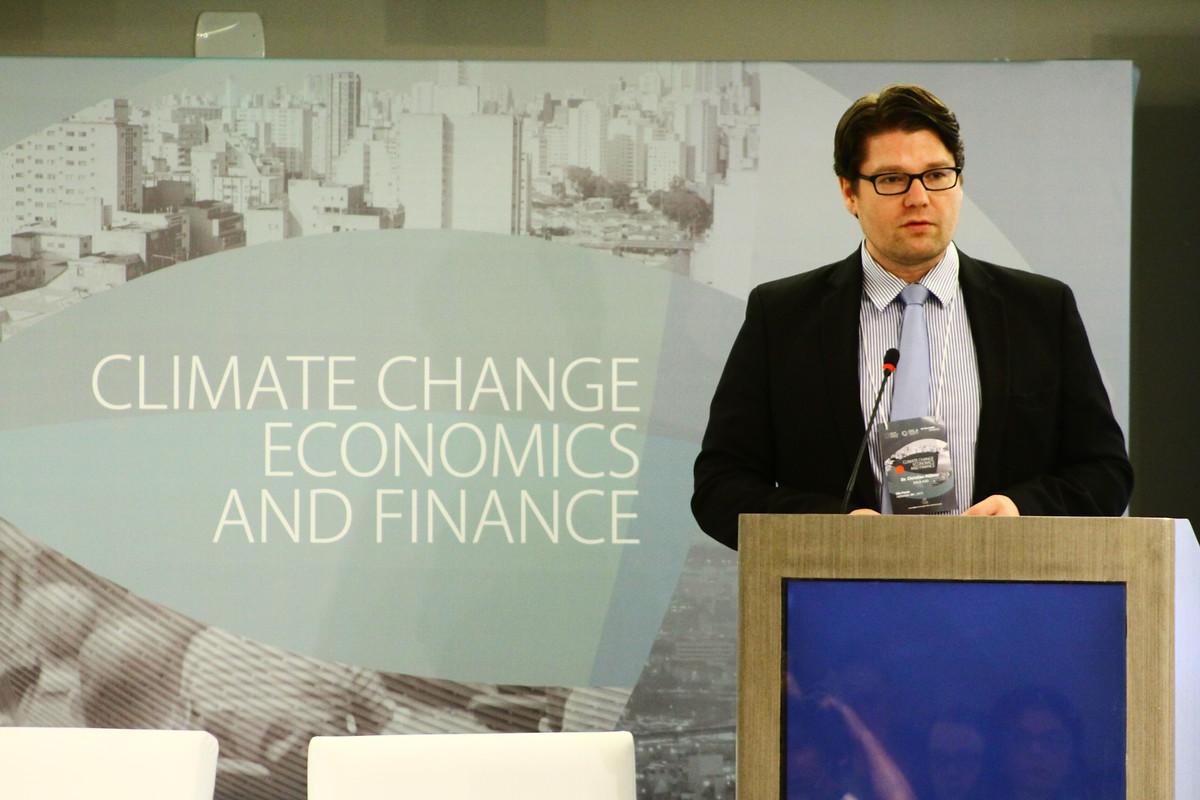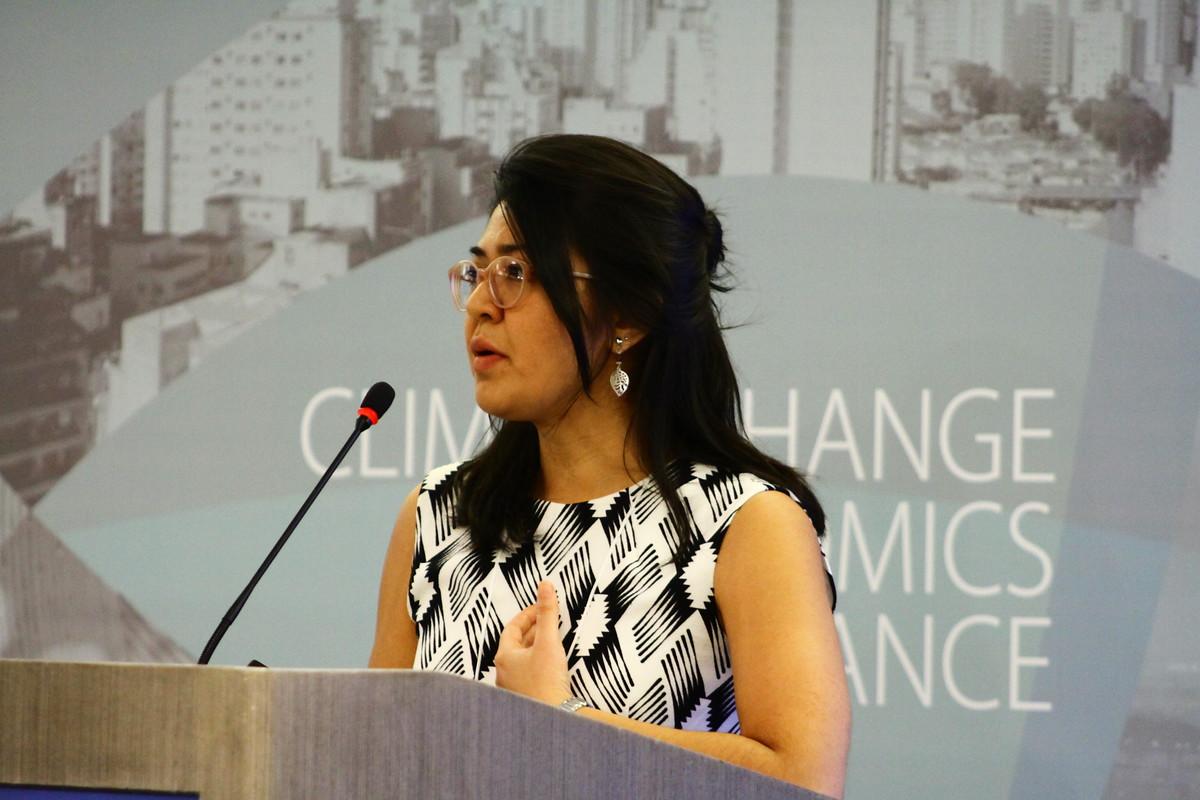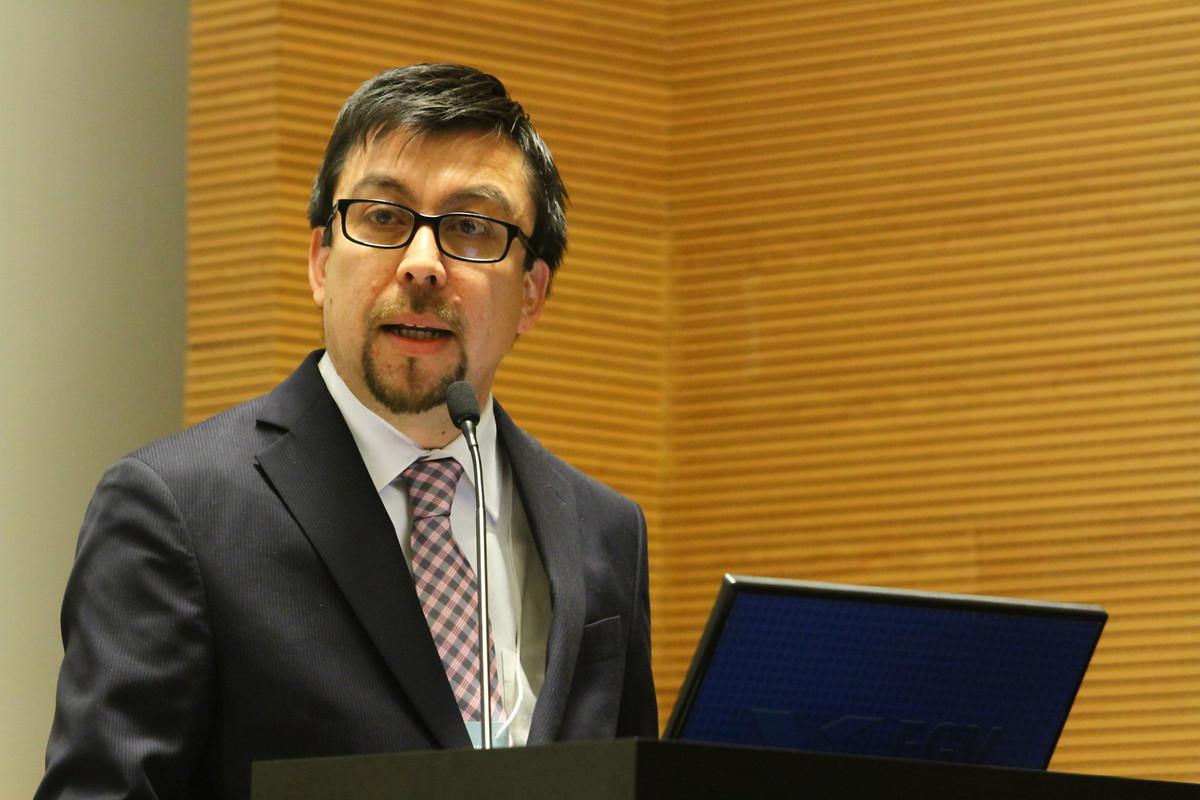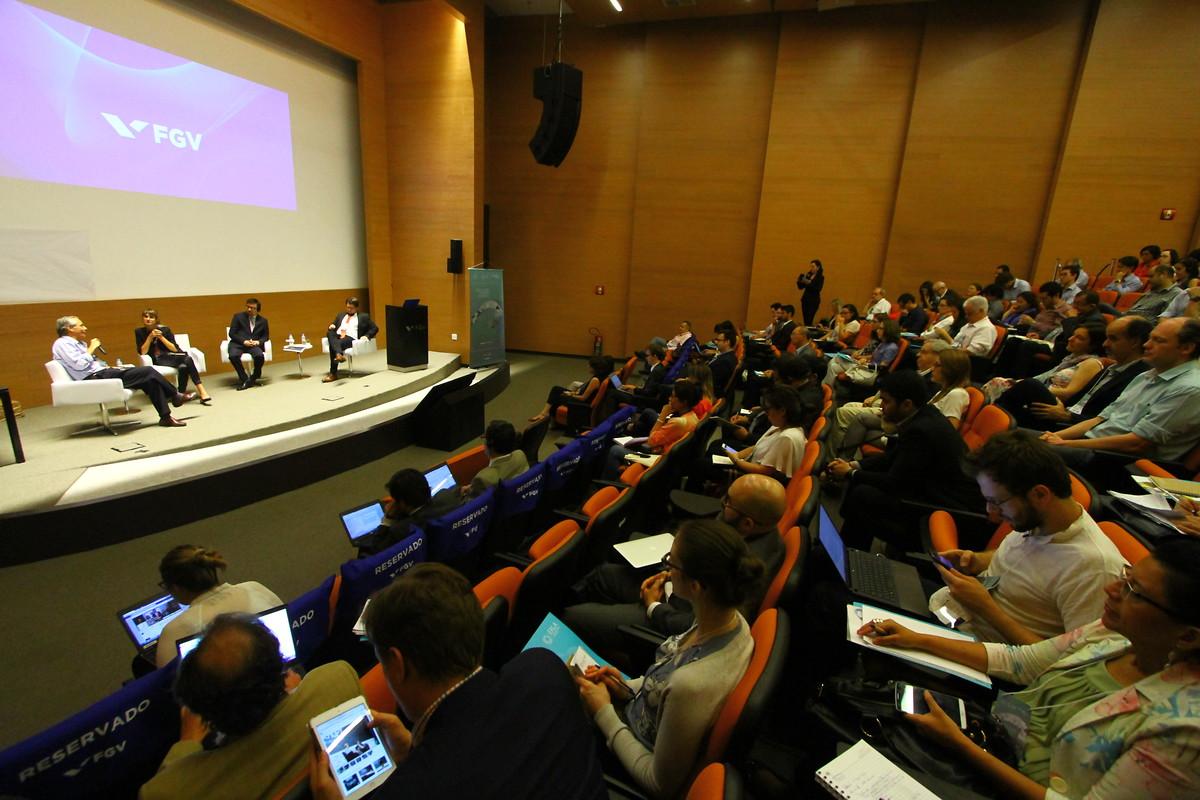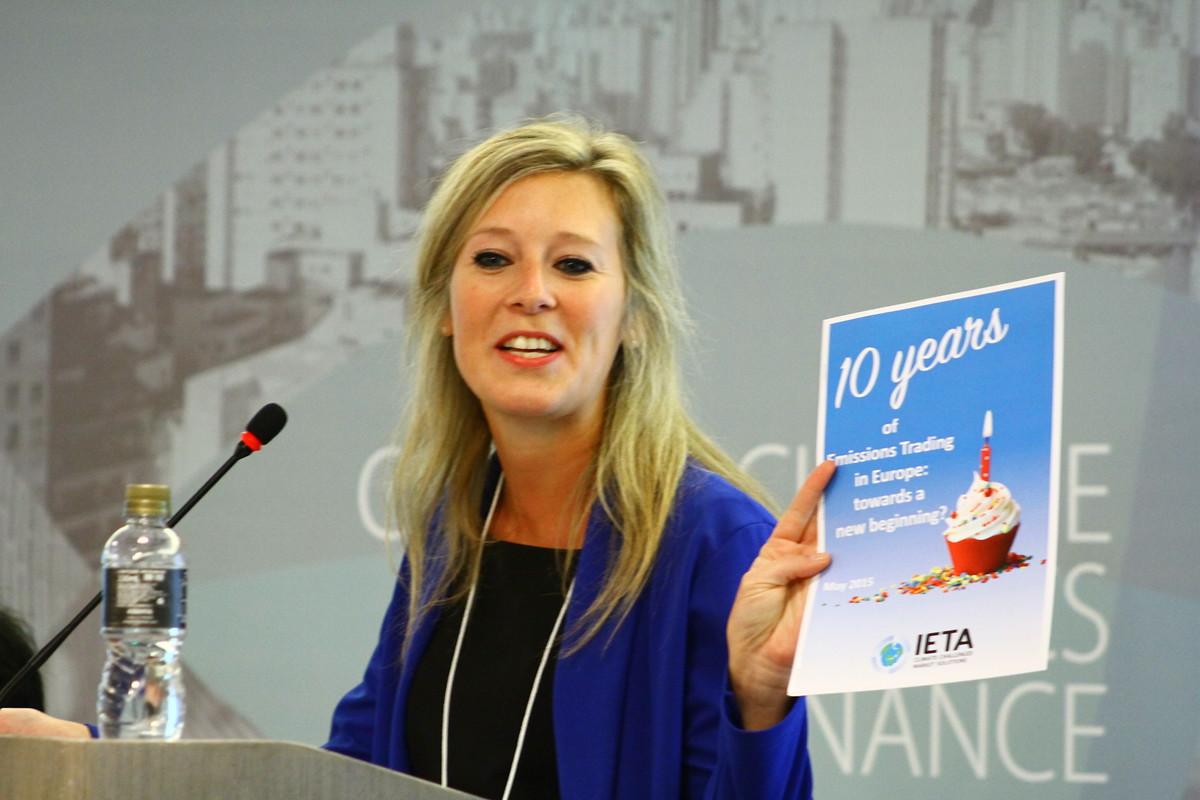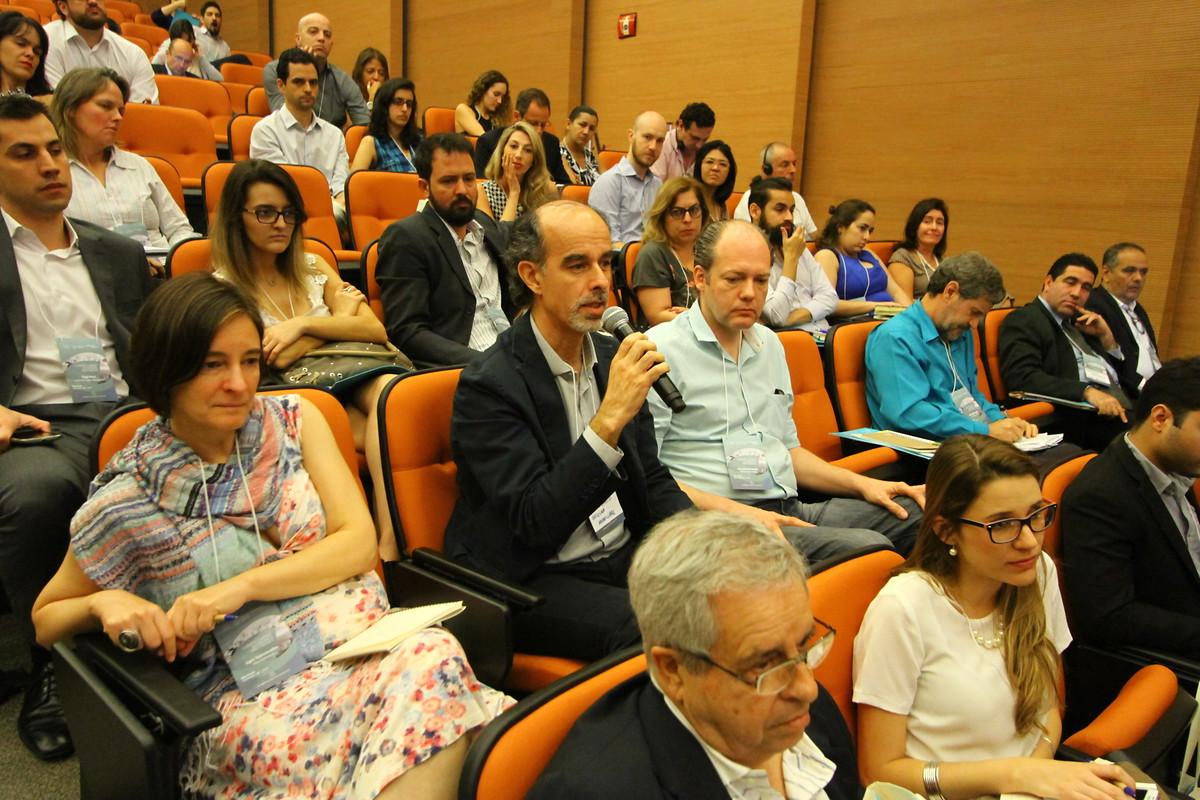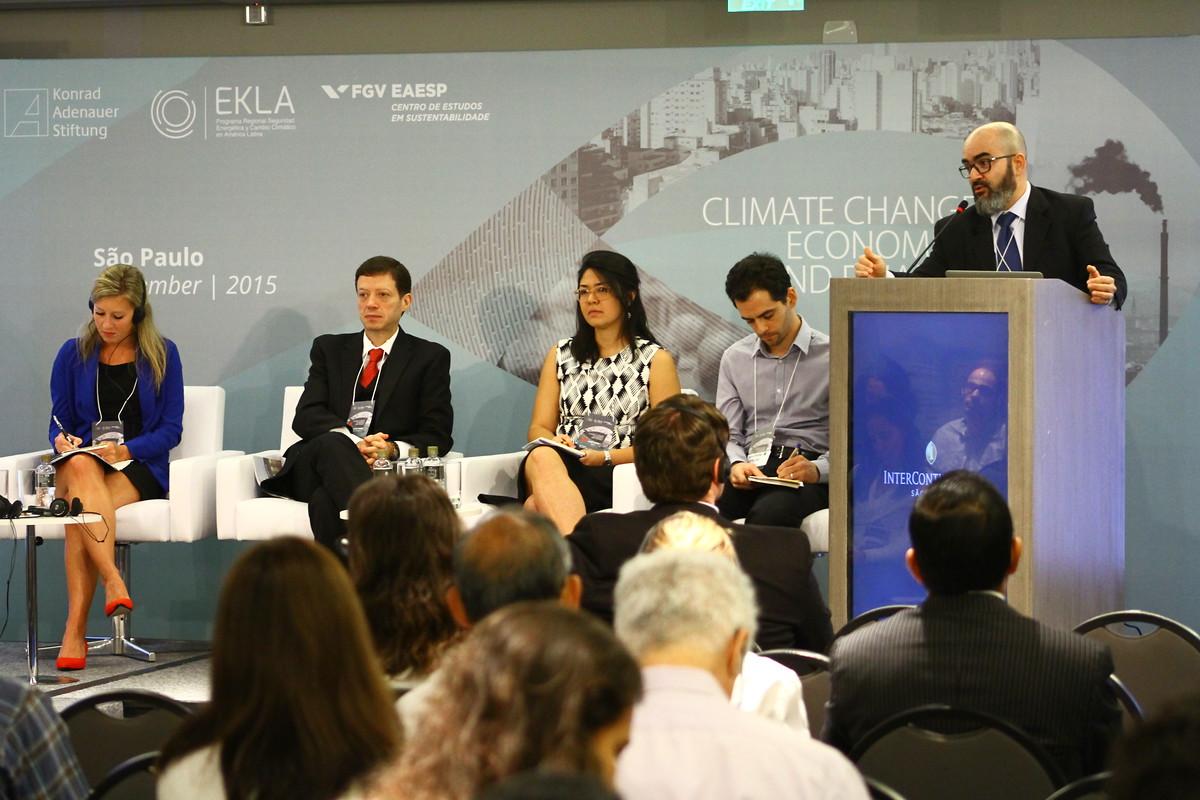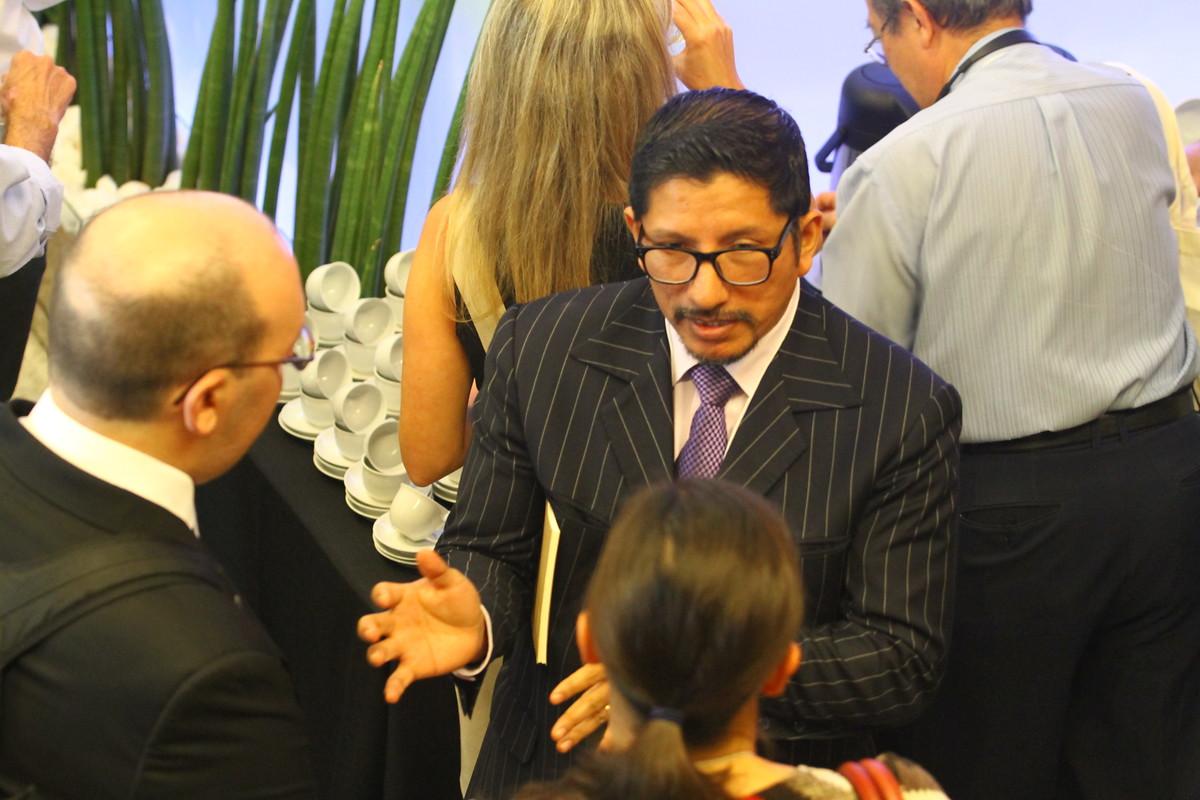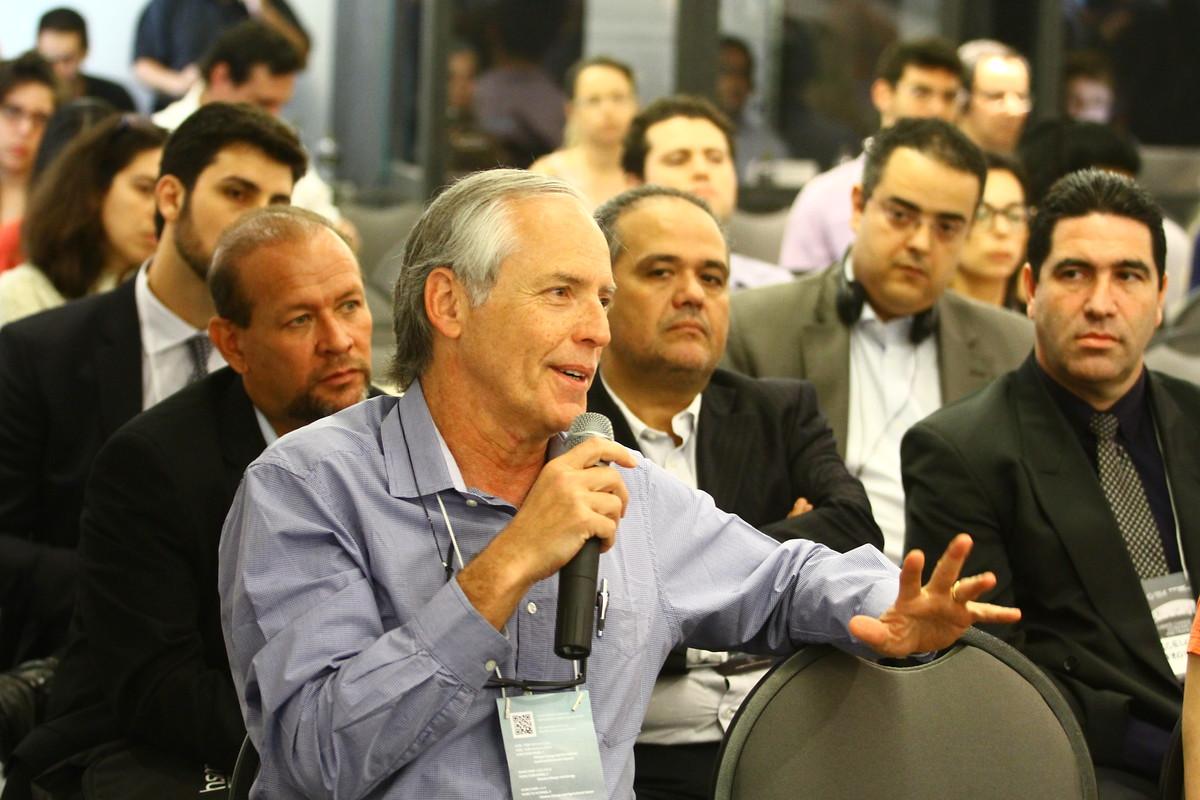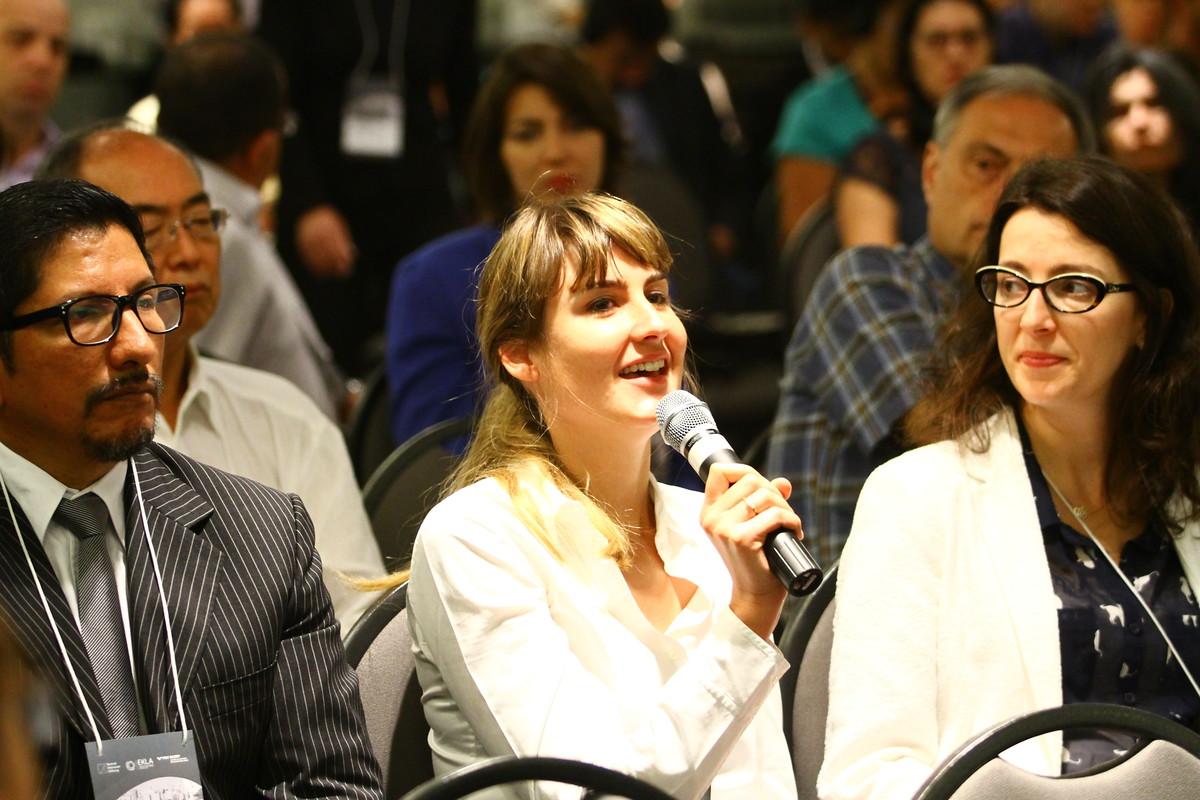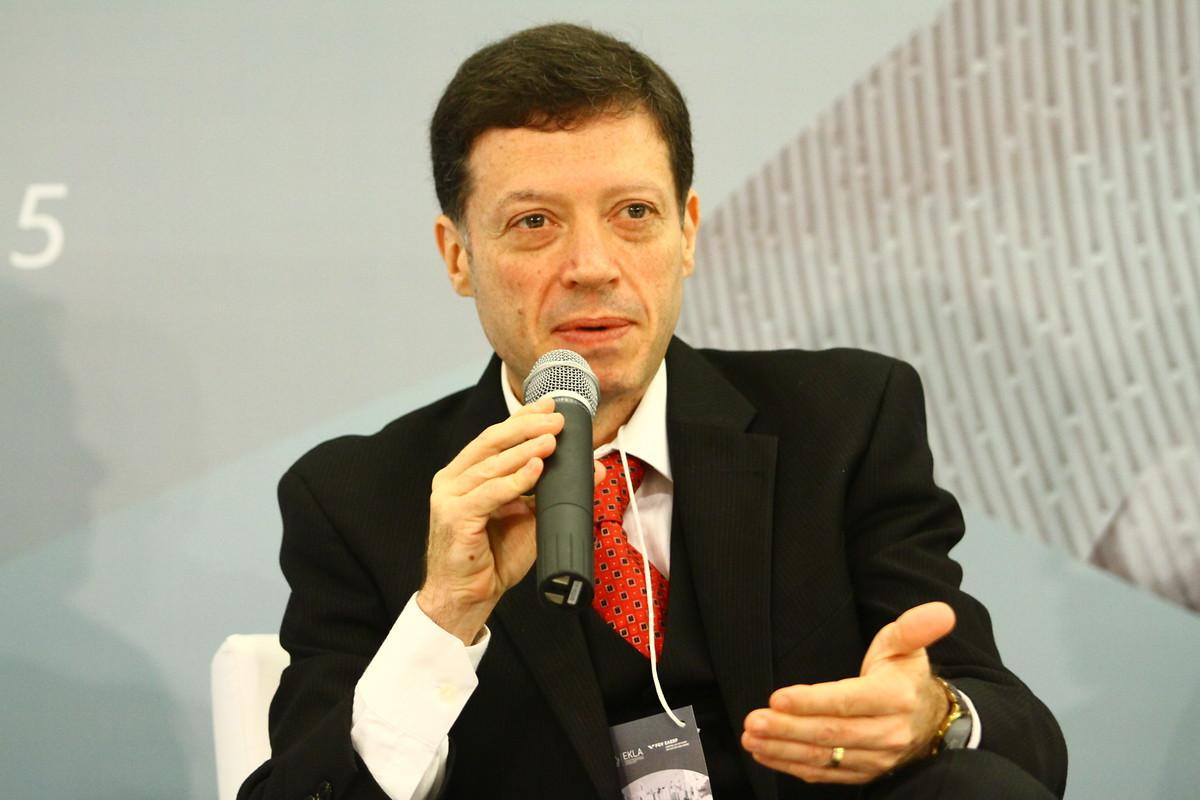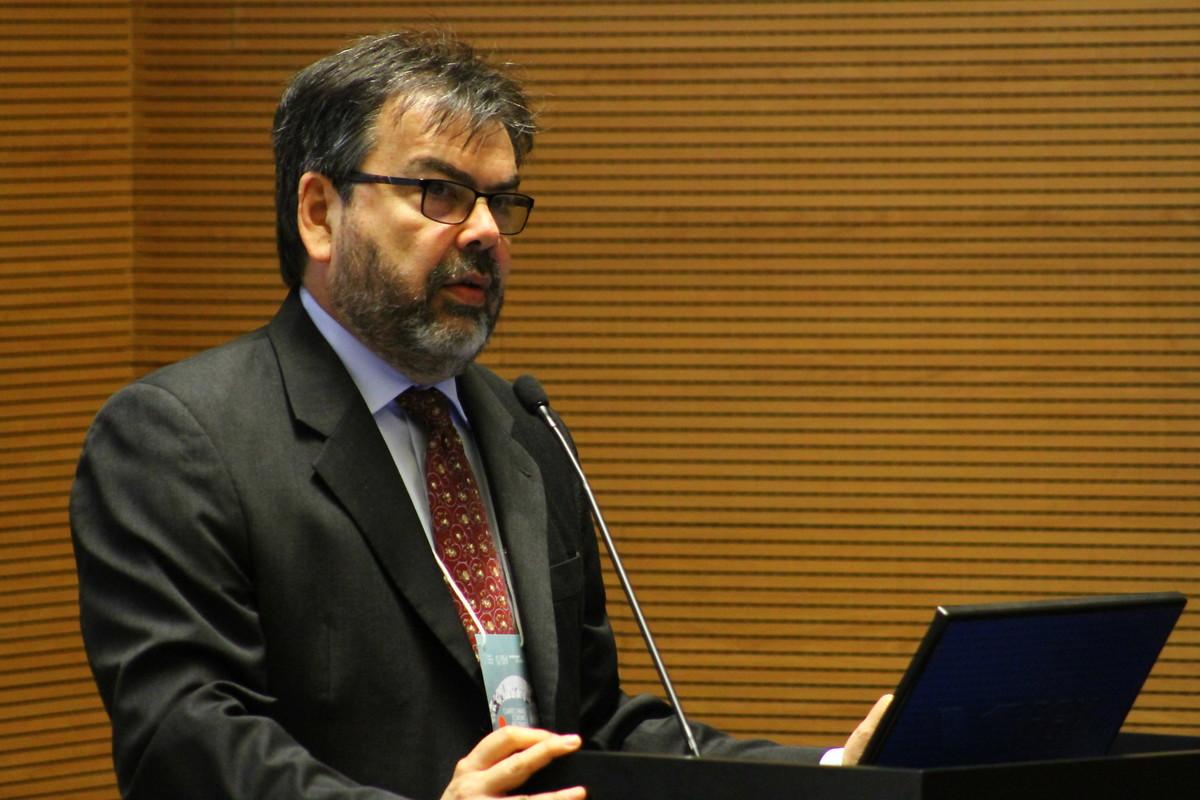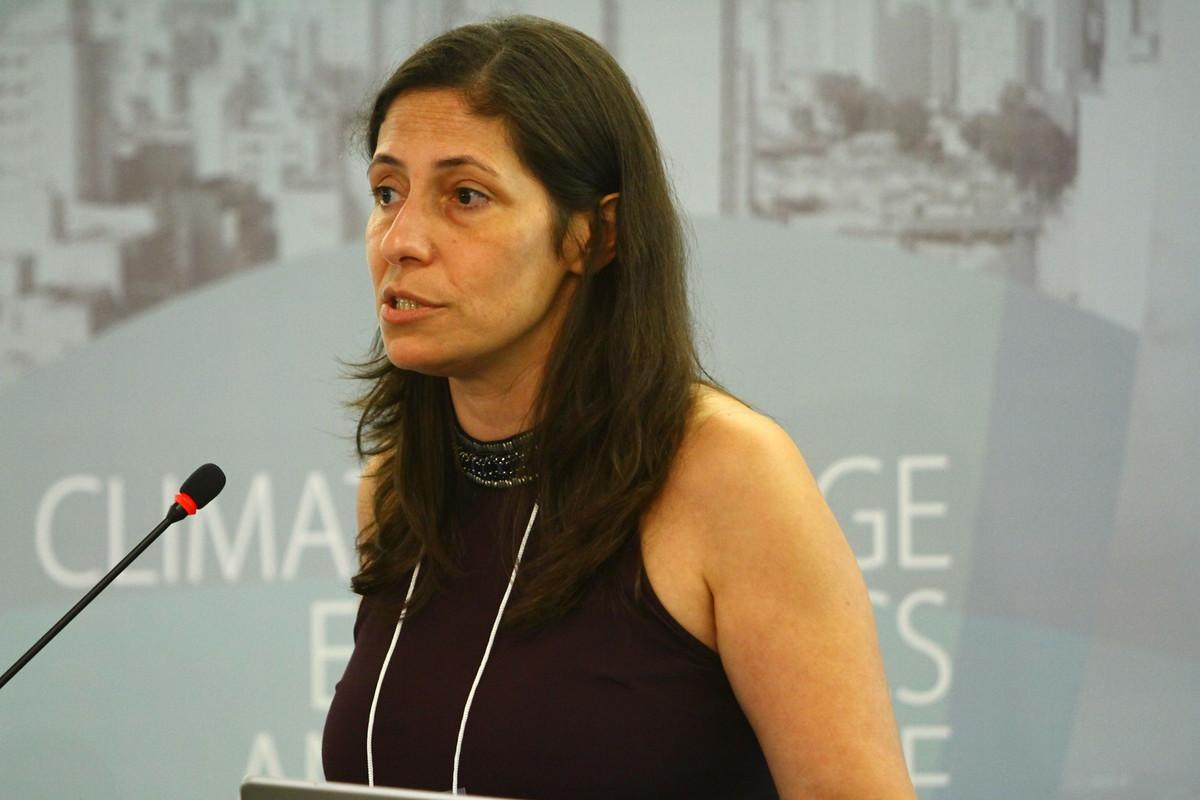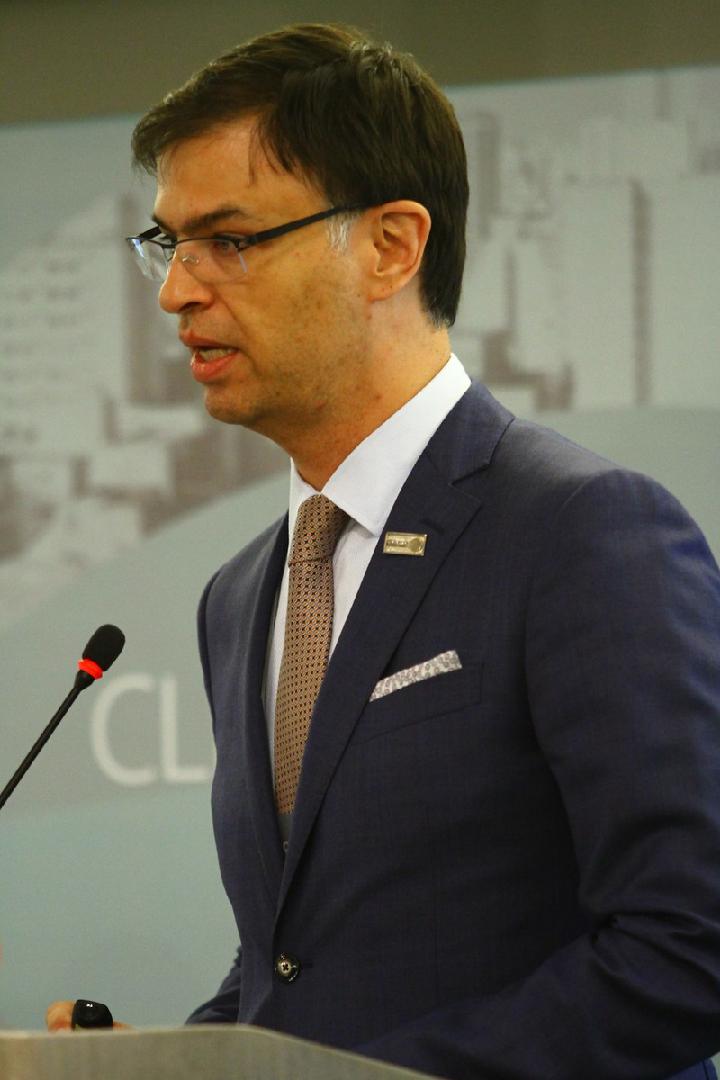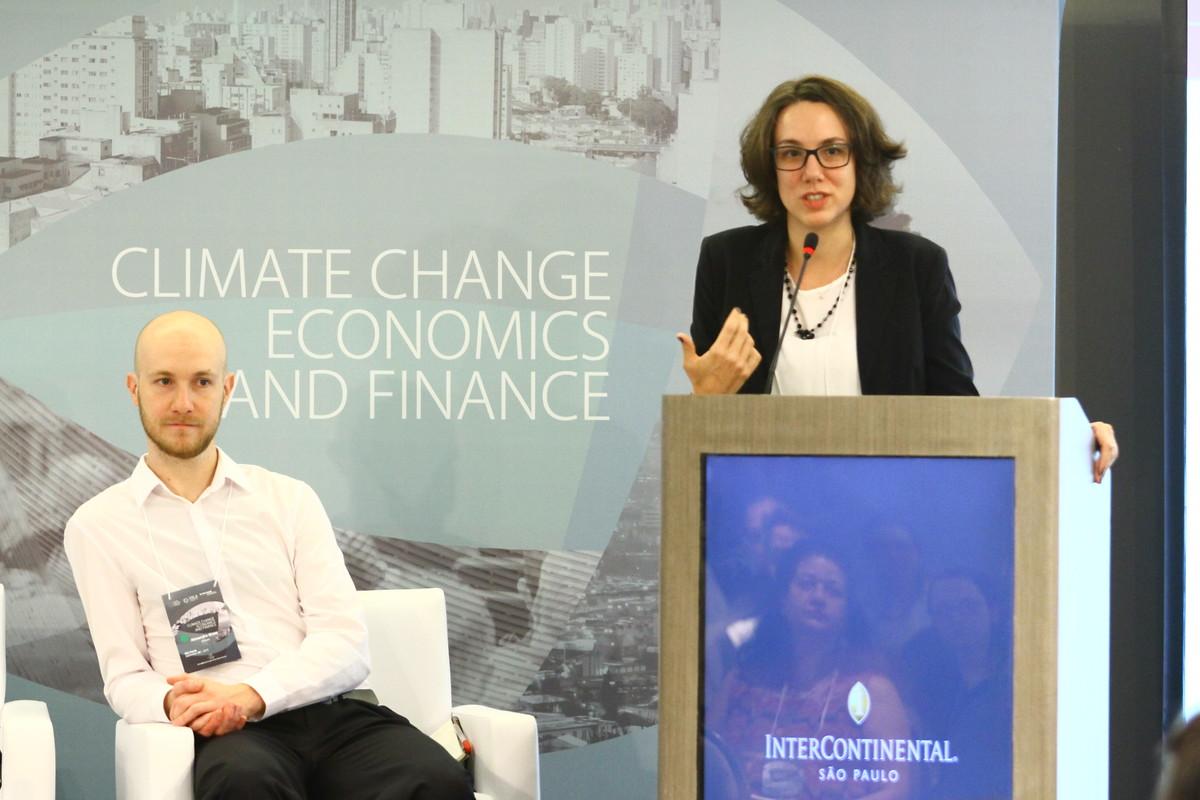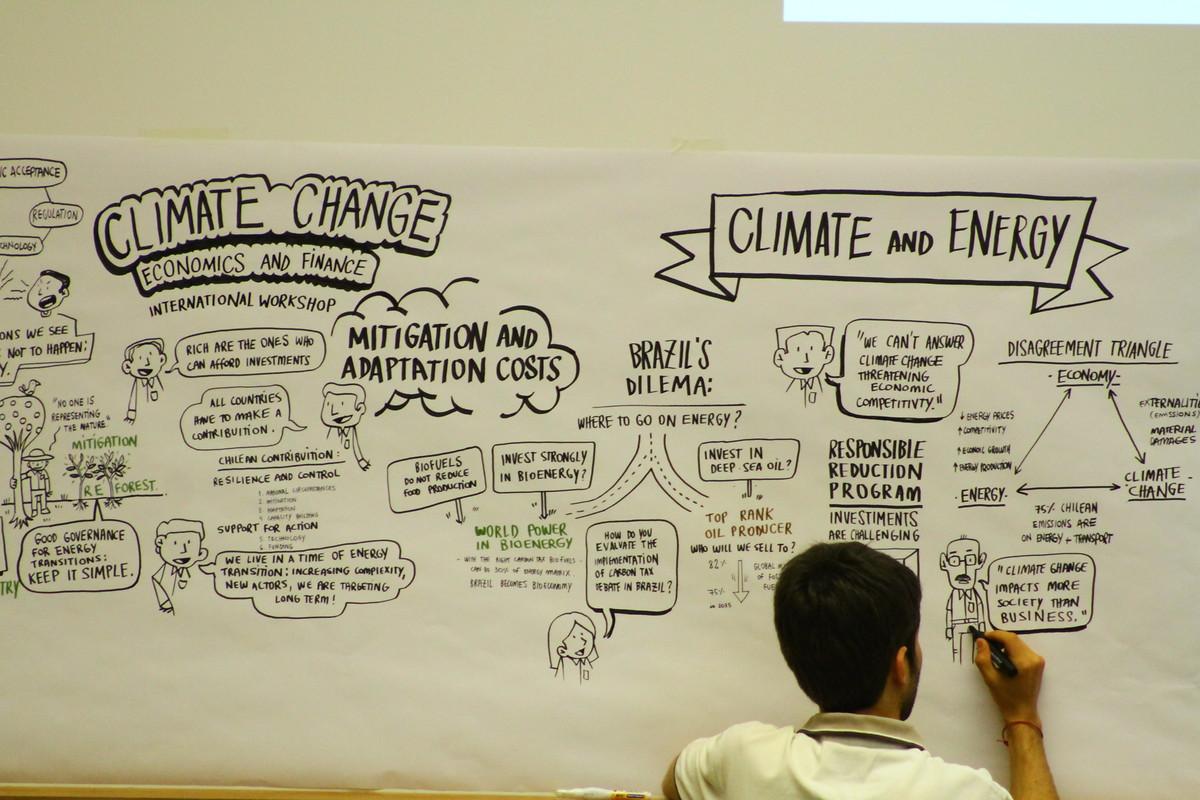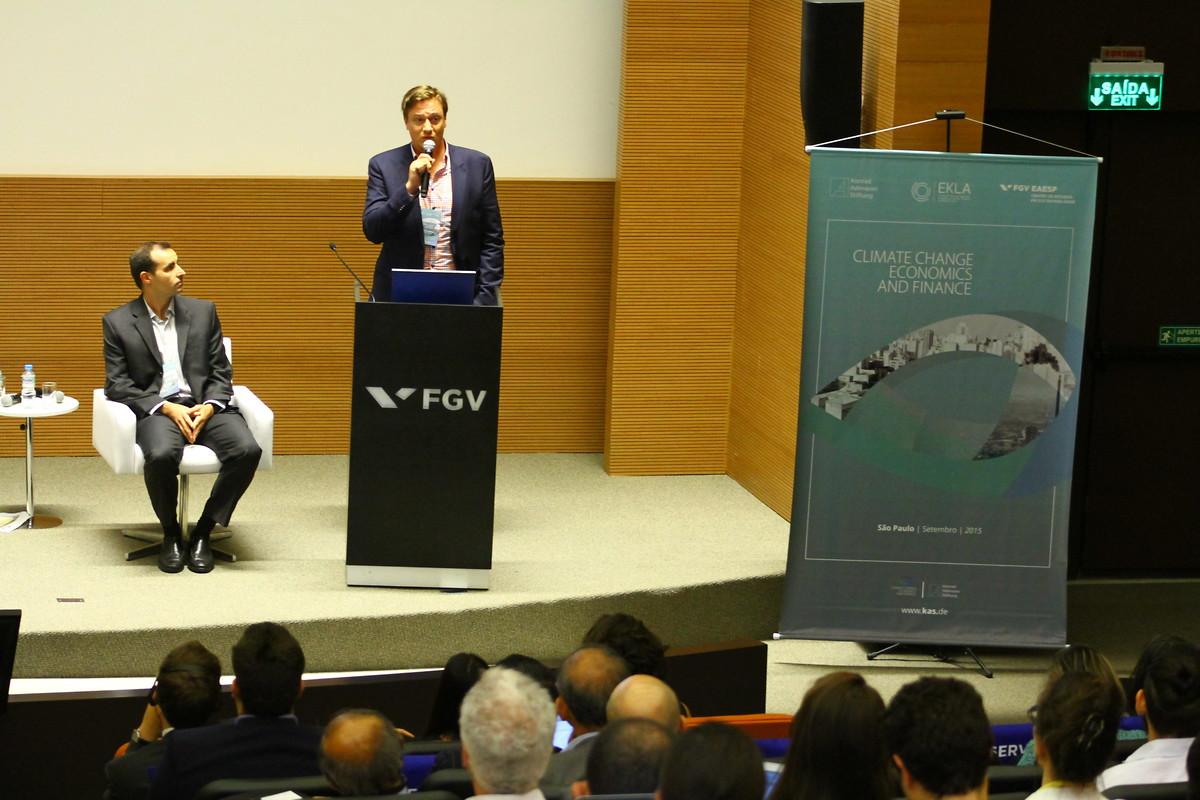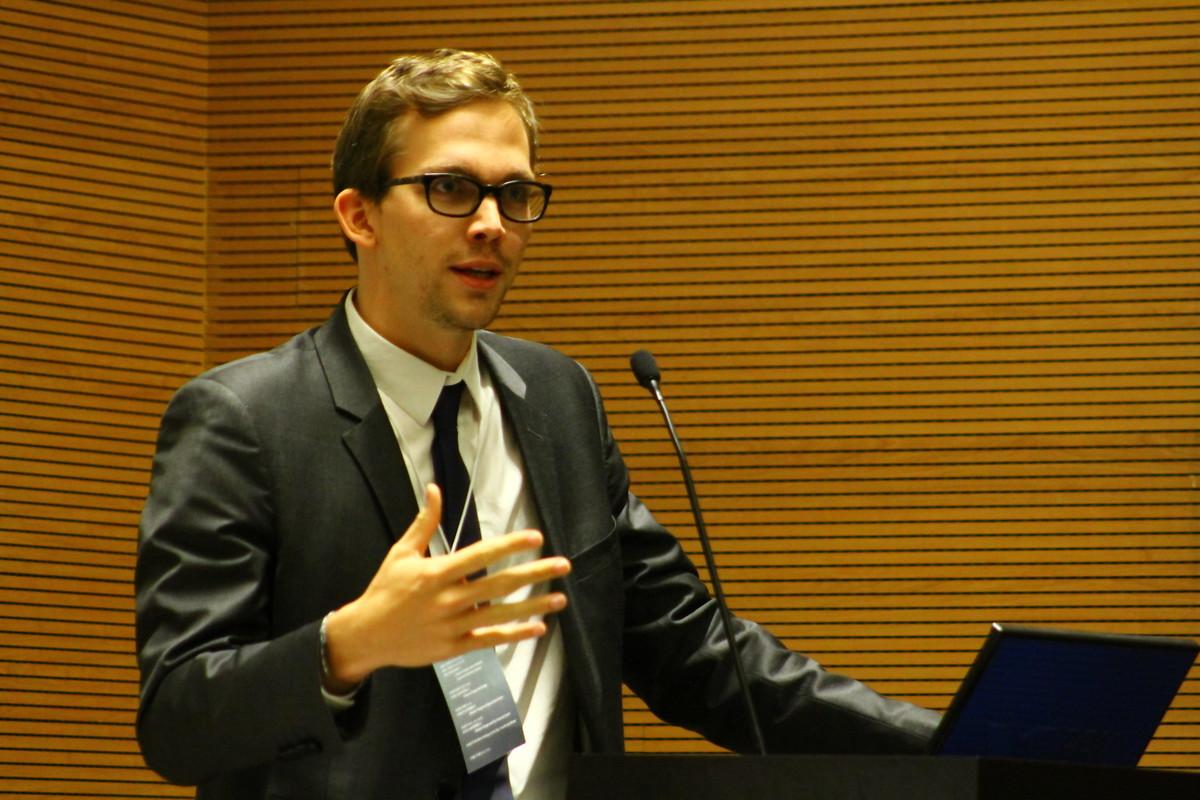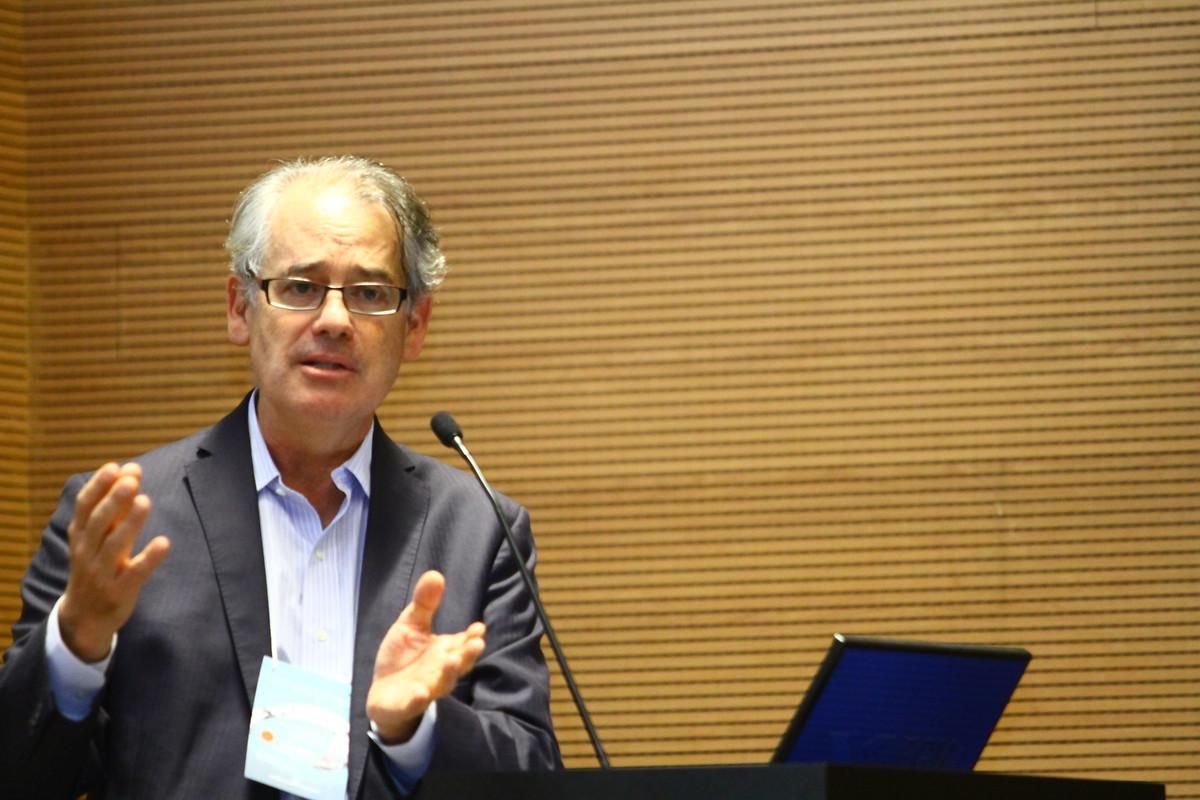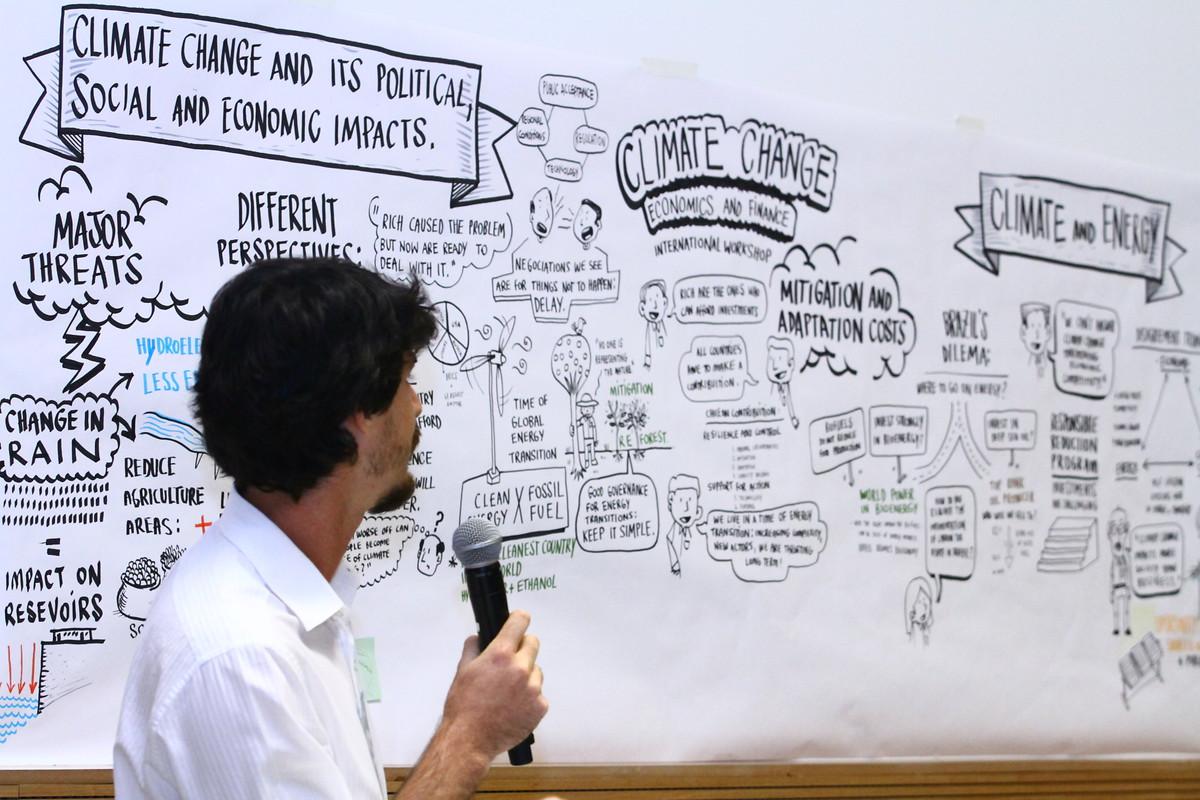Climate change policy in Latin America:
Event Reports
“We have but one planet”. It was with this statement that Sergio Margulis, senior consultant at the International Institute for Sustainability in Rio de Janeiro, concluded his emphatic presentation. His was the introduction speech to the “Climate Change and its impacts on Latin America” conference, which lasted two days. The Conference was organized by the Konrad Adenauer Foundation’s Regional Programme “Energy Security and Climate Change” alongside the Center for Sustainability Studies (GVces) of the Business Administration School of Getulio Vargas Foundation (FGV-EAESP) of São Paulo. Margulis’ presentation brought much information on global warming and its impacts on humanity and the environment, and also served as a warning call to all participants. Even today, the poorest regions are the most affected by climate change. Hence, heavy rain seasons and severe droughts, which are a result of global warming, strongly affect agriculture, which is the main income source in underdeveloped and developing countries.
Christian Hübner, director of the Regional Programme Energy Security and Climate Change in Latin America, presented possible strategies to extenuate climate change. Among the most important measures is the transition to a more environmentally friendly energy production system. In that sense, the G7 summit recently published a clear message: industrialized countries announced an agreement to decarbonize their economies by the end of this century. In his lecture, Hübner showed how Germany is implementing energy transition and where it stands at the moment. Sources such as wind, solar and biogas already constitute almost 25% of its electricity production and will reach 80% by 2050. “This change does not happen from one day to the other. It is a gradual process”, said Hübner. For energy transition to succeed in the long term it is now necessary to include citizens’ and companies’ interests in the projects.
During the conference, different speakers from Latin America spoke about national strategies to adapt to climate change in their countries. In this sense, Chile, as South America’s largest exporter, has a relatively high percentage of greenhouse gases emissions. According to Christian Gutierrez from the Chilean Environment Ministry, the country will contribute with an ambitious program in order to adapt to climate change. Chile faces the great challenge of reducing emissions resulting from the exploration of its natural resources. But, at the same time, this sector is one of the country’s main income sources. “If we are not able to dissociate growth from environmental pollution, strict environment protection regulations will limit our economic growth”, said Jorge Valverde Carbonell, from Chile’s Ministry of Finance. Therefore, considering COP21, it is expected that, particularly those who are the main contributors to climate change, establish ambitious goals. According to him, underdeveloped and developing countries cannot have their growth limited. At the same time, Chile also has ambitious goals in terms of climate protection, which, among others, should be met through taxation of CO2 emissions. This measure will take effect in 2017. The representatives from Chile made it clear that topics such as energy efficiency and the expansion of renewable energy, however, cannot be left out of the debate about Chile’s contribution to climate change reduction.
Participants also received a detailed outlook of Brazil’s current situation in terms of climate and environmental protection. 60% of the national electricity sector is already covered by hydraulic energy. Besides that, since the country is one of the largest producers of bio-ethanol, the transportation sector is also relatively environmentally friendly. Meanwhile, Brazil has large oil sources, particularly the recently discovered fields along the southern coast, which have an important role. In terms of environmental protection and energy security, Brazil is, today, at a crossroad, as explained by Gilberto Câmara, Professor of FAPESP. Either the political scene and the economy start to invest in renewable energy expansion or the country will continue strapped to oil and the share of fossil fuels in its energy mix will increase. “It would be a wasted opportunity. Through a systemic approach we could assume an international leadership position in the bio-economy sector”, said Gilberto Câmara. Therefore, energy transition is not attached to financial harm in any way. On the contrary, Câmara concludes, “It would be profitable in the long term”.
How to reduce emissions from agriculture? The remainder of the conference revolved around this question. As explained by Angelo Gurgel, coordinator of the Agriculture Department of the FGV of São Paulo, through the recovery of pasture areas in Brazil, for instance, CO2 emissions could already be reduced by 1.8 million tons. Christoph Jungfleisch took part in the panel and talked about his experience in working with micro-financing projects in agriculture in Panama. As explained by Jungfleisch, many micro-financing projects neglect the climate and the environment. One of these projects’ goals should be to include mitigation measures in order to increase small local farmers’ resilience. According to Jungfleisch projects similar to these could be considered for other countries.
The second part of the event provided a deeper outlook about the issue of climate financing. For instance, how can investors be sensitized about climate risks? What kind of encouragement do banks need to specifically support carbon reduction? Sean Kidney, founder of the Climate Bond Iniciative, explained the concept of “Green Bonds”. Through these bonds, emitters receive resources for social and environment projects, such as, for example, for renewable energy, energy efficiency and water pollution control sectors.
Regulation for “Green Bonds” still needs to be established. Kidney stated that, until now, many investors practically showed no interest for climate risks. This problem could be dealt with through a direct approach by financial institutions. They could support their own clients’ investments in innovative technologies. Jakob Thomä, Project Manager of 2 Degree Investing Initiative, presented a guideline that is currently being negotiated in France. According to regulation, in the future, banks and pension funds will have to disclose their climate risks. This measure is expected to become part of the National Renewable Energy Law.
The conference’s last panel revolved around the issue of which tool is capable of reducing CO2 emissions. In Latin America, Mexico has already introduced a tax on CO2 emissions in 2014. Companies may pay the tax in cash or through Mexican Clean Development Mechanism Certificates, “Clean Development”. According to calculations the tax covers 40% of CO2 emissions in Mexico. In its new report, “Put a Price on Carbon”, the World Bank shows several emission reduction scenarios. Forty countries and over twenty cities have already made an effort in this direction. According to Alexandre Kossoy, a Climate Financing expert at the World Bank, this is a good path. However, there is also the risk of the so-called “Carbon Leackage”, this is, the migration of companies to countries where there is no price on carbon, “Carbon Pricing”. Kossoy explained that “now, the challenge is to have more countries implementing these mechanisms”. Next, Nina Braun from the Non-Governmental Organization “CDP” presented an outlook on the current participation of companies regarding the issue.
According to her, in the new report, over one thousand international companies have already explained how they will make use of domestic carbon prices. Speakers also referred to the European Union’s ETS, in place since 2007. A reformulation, which was recently agreed on, provides not only for the reduction of certificates, but also, the so-called market stability reserve, which adjusts prices and the number of certificates. The results of this reformulation are awaited with much anticipation, said José Mario Pampini Garcia, director for climate issues of the Ministry of the Environment of Mexico.
The event demonstrated that, in terms of climate protection, Latin American countries require important contributions of Western industrialized nations and China. However, the region’s countries also wish to contribute individually to a climate protection agreement through their own goals. The challenge consists of programing carbon reduction in certain economies without limiting those countries’ growth potential. This means reducing the relationship between economic growth and greenhouse gases emissions, which still exists in many countries. Countries such as Brazil that find themselves at a crossroad between “clean energy” and a “dirty energy mix” need to specifically invest in the renewable energy sector. The seminar’s lectures also made it clear that the international financial market needs to strongly contribute to climate protection; for instance, through larger financing of projects that favor climate protection by financial institutions and investors. To that extent, it must be required that banks and companies disclose their climate risks. France’s example shows how this responsibility can also be required politically. The carbon tax mechanism and the ETS are possibilities to reduce CO2 emissions, especially in economically strong countries. Other areas, among them, transportation and energy efficiency, should not be neglected as well.
See PDF attachment for a full report of the event, written by GVces and available only in English.
Event disclosure in the Brazilian media:
FAPEAM – Fundação de Amapro à Pesquisa do Estado do Amazonas
About this series
The Konrad-Adenauer-Stiftung, its educational institutions, centres and foreign offices, offer several thousand events on various subjects each year. We provide up to date and exclusive reports on selected conferences, events and symposia at www.kas.de. In addition to a summary of the contents, you can also find additional material such as pictures, speeches, videos or audio clips.



